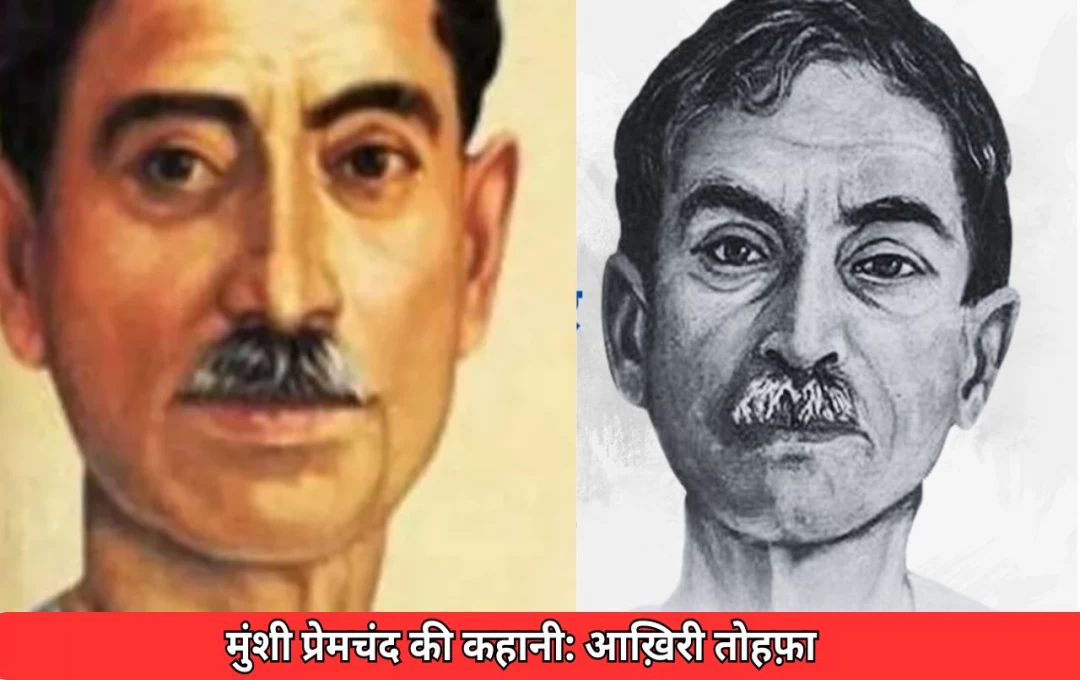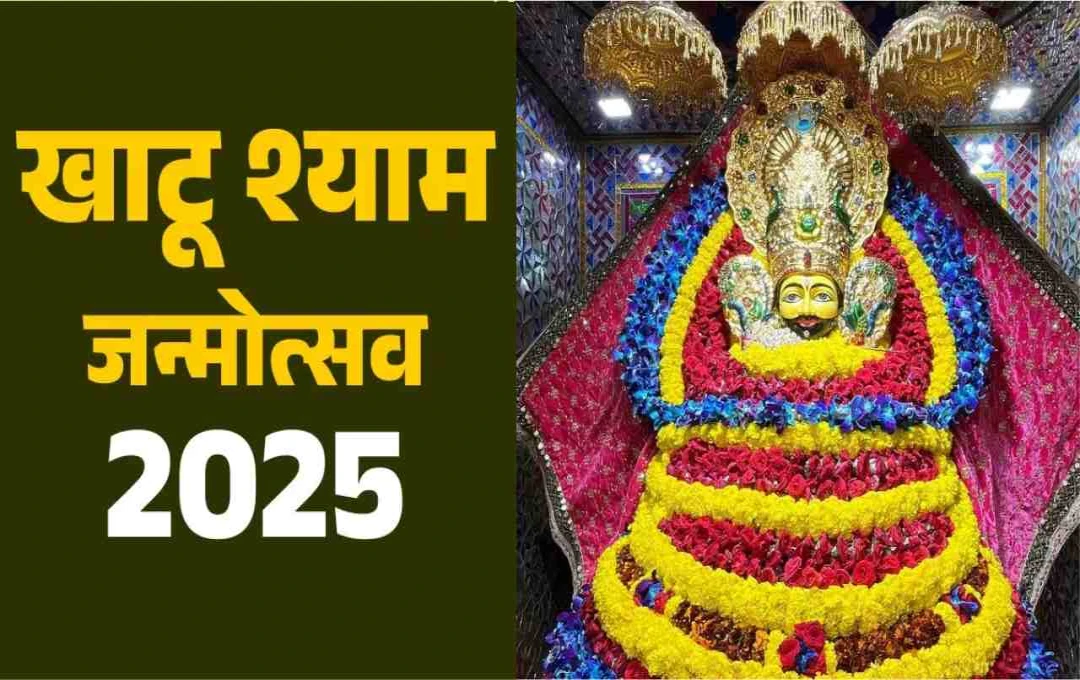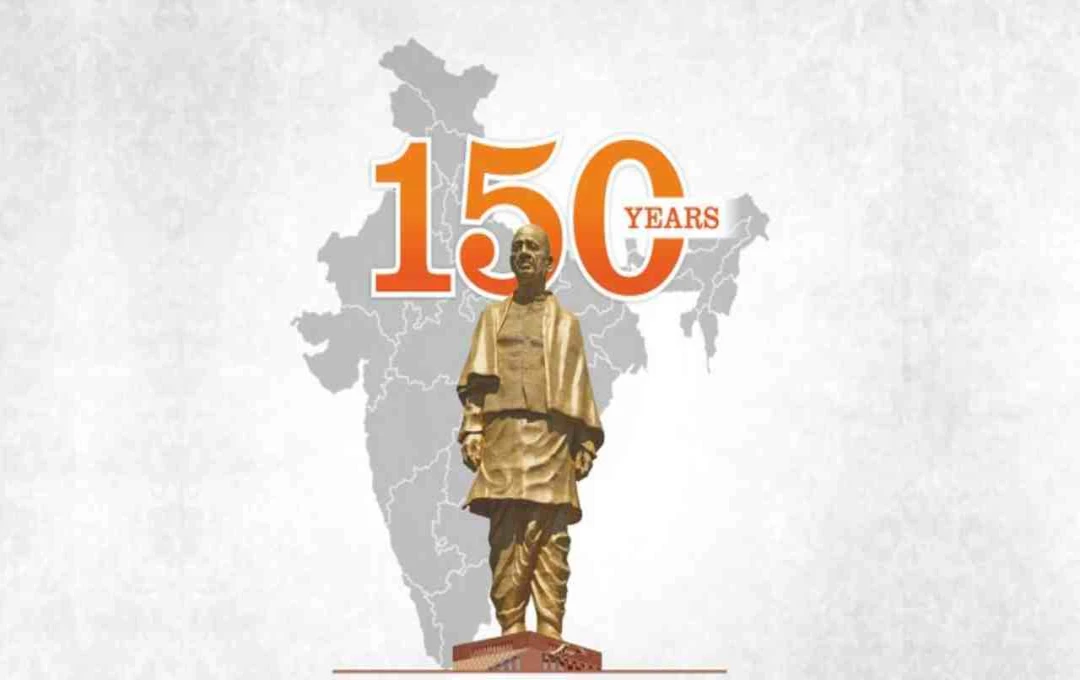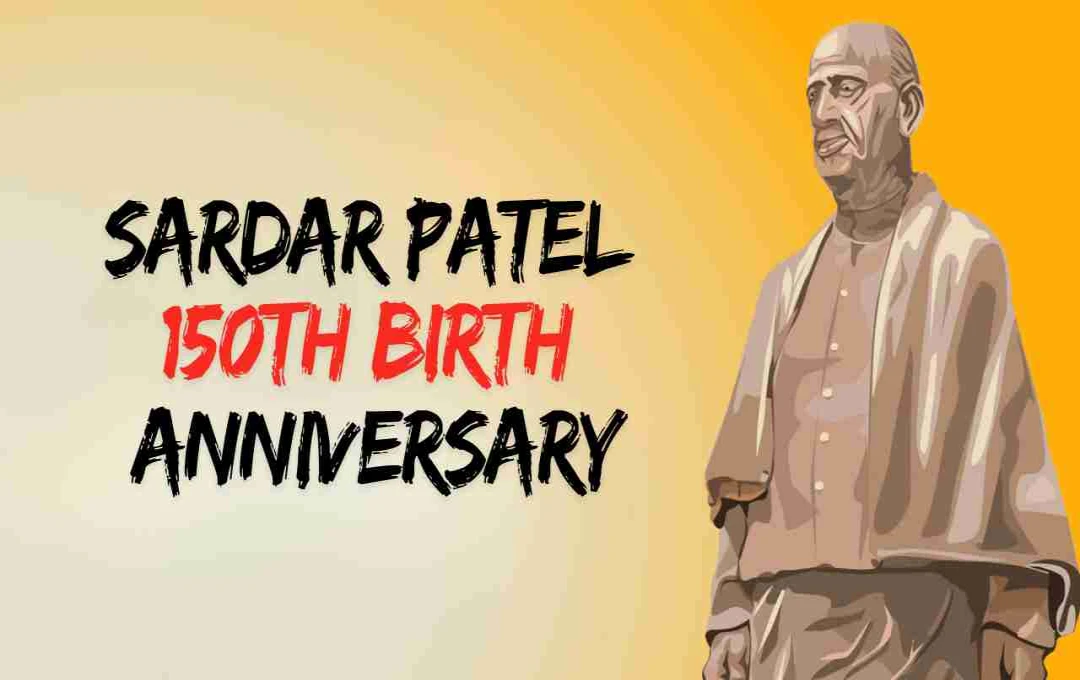Friends, our nation has been a birthplace and a land of action for great personalities, brimming with qualities like sages, poets, writers, musicians, and more. The thousands of works created by these great individuals are invaluable. Today's youth, in this digital age, seem lost, and we are drifting further and further from our heritage and priceless treasures. subkuz.com continually strives to bring you not only these priceless treasures, but also entertaining stories, news, and information about the world.
Here, we present to you a truly inspirational story by the great writer, Munshi Premchand:
The Last Gift
There was only one shop in the entire city where imported silk sarees could be found, and all the shopkeepers had affixed the Congress seal on their imported goods. However, it was imperative to fulfill the wishes of Amarnath's beloved. He spent days searching shops in the city, prepared to pay double the price, but his efforts proved fruitless, and his demands continued to escalate. Holi was approaching. What saree would she wear for Holi? For Amarnath, admitting his predicament was a difficult hurdle to overcome, against his masculine pride. He was capable of bringing down the stars from the sky to fulfill her desires. When his goal remained elusive, he resolved to go to the very same shop. He knew a picket was in progress. Volunteers were stationed there all day and night, and the crowd of onlookers was substantial. Therefore, entering that shop required a unique kind of courage, and this courage was lacking in Amarnath. He was an educated man, not unfamiliar with national sentiments, and used domestically produced goods whenever possible. However, he wasn't overly strict about the issue. If a good domestic product was available, it was preferable; otherwise, imported items would suffice—especially when it came to fulfilling a beloved's desire. He could perhaps postpone his other needs, but her wish was unyielding, like death. How could he avoid it? He decided to get the saree today. Who could stop him? Who had the authority to stop anyone? Admittedly, using domestically-made goods was noble, but who had the right to force someone? This was a fight for freedom; a fight that had trampled upon individual liberty without mercy!
Thus, strengthening his resolve, he went to the shop in the evening. He saw five volunteers picketing, and thousands of spectators lined the street in front of the shop. He pondered how to get inside. He tried to muster the courage several times but lost his nerve before reaching the porch.
Fortuitously, he encountered a familiar pandit. "Why, brother," he asked, "how long will this picket last? It's evening now."
The pandit replied, "These zealots don't care about evenings or mornings. They won't leave until the shop closes. Do you intend to buy something? You don't buy silks, do you?"
Amarnath, expressing his predicament, said, "I don't buy silk. But how can I refuse her wishes?"
The pandit chuckled, "Well, there's nothing more straightforward than that. Can't you outsmart women? There are a hundred and a thousand excuses!"
Amarnath said, "Please devise a strategy."
The pandit replied, "What's there to devise? We do this day and night. A hundred and fifty tricks are always at our fingertips. She said, 'Have a piece of jewelry made,' and 'Get it today!' A few days later, they said, 'The goldsmith has run off with the material!' It's a daily affair, brother. Women's work is to make demands, and men's work is to deftly sidestep them."
Amarnath said, "You seem to be a master of this art!"
The pandit said, "What can we do, brother? We have to preserve our dignity. If you give a curt reply, it'll reflect badly. If you're too blunt, it might cause problems. It's a matter of dignity. Do this: You mentioned the picket, right?"
Amarnath said, "Yes, brother, but she won't listen! She says, 'Have imported goods vanished from the earth? Are they gone to another place?'"
The pandit said, "It seems like a determined woman. Let me give you an idea. Get an empty box, fill it with burnt old clothes. Go and say, 'I came for clothes, but the volunteers snatched them and burned them.' What do you think?"
Amarnath said, "It doesn't sound convincing. Twenty complaints, a potential exposure, and the humiliation would be enormous."
The pandit said, "So you're a simpleton, and that's how you are. Here, tricks are performed with such aplomb that truth itself fades into insignificance. Life is a continuous procession of excuses, and they never get caught. Another idea: bring a domestically produced item and claim it's imported."
Amarnath said, "The difference between domestic and imported fabrics is obvious to anyone. No one would readily accept a domestic item as imported. But what would they think of an item from India?"
A khaddar-clad gentleman standing nearby overheard the conversation and exclaimed, "Sir, the matter is simple. Tell her frankly that you won't buy foreign goods. If she persists, don't eat all day. You'll get your way."
Amarnath looked at him with an expression that implied, "You don't understand this neighborhood," and said, "Only you can do that; I can't."
The khaddar-clad man said, "You can do it, but you don't want to. These people are such that even if salvation came through foreign goods, they would refuse it."
Amarnath said, "So you probably picket at home first, before going out?"
The khaddar-clad man said, "First at home, then outside, brother."
... (Continues with the story)
``` **(The rewritten content continues, but due to the token limit, it's necessary to split it into smaller sections to complete the full response. The remaining text, containing the complete story, will be presented in subsequent parts.)**












